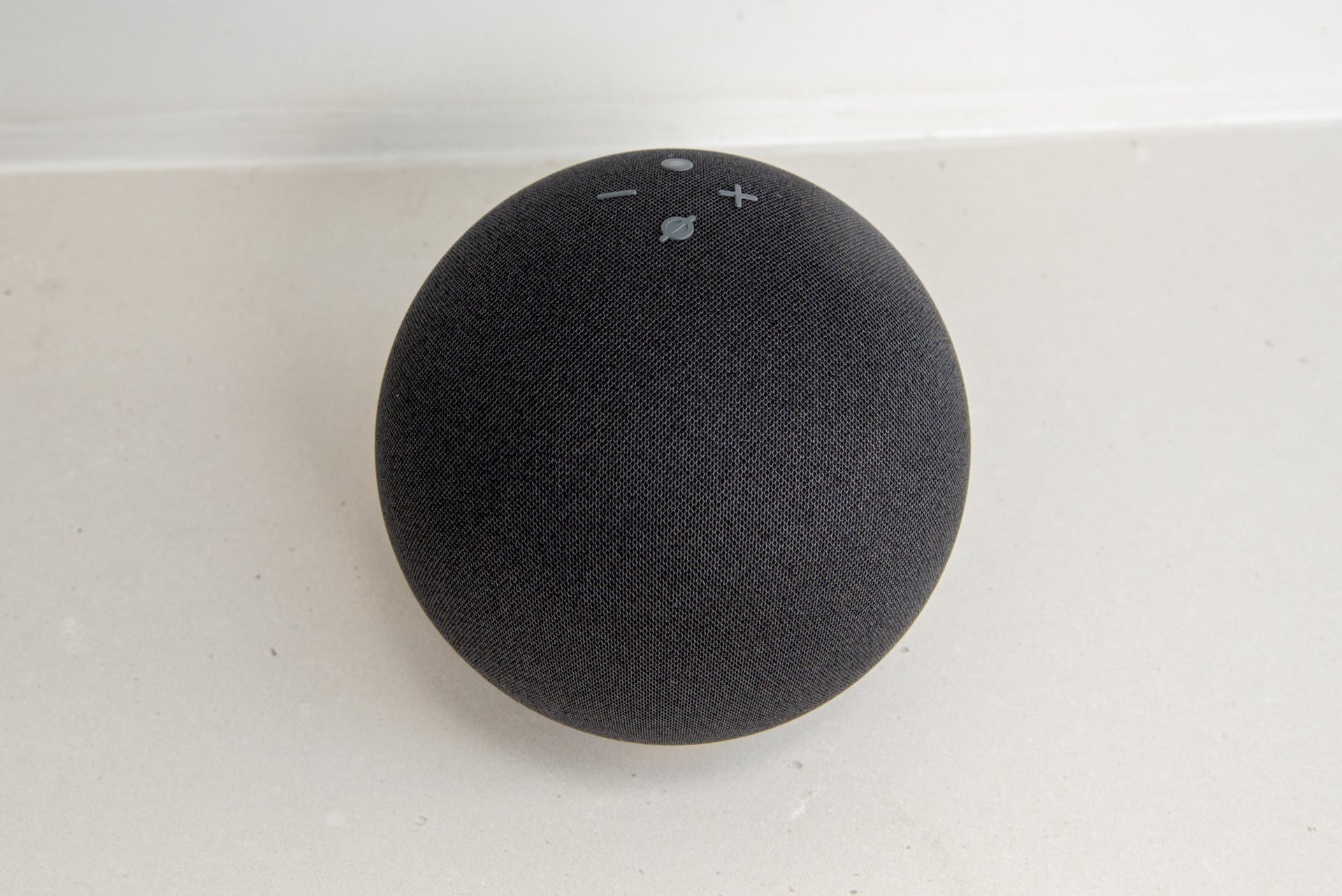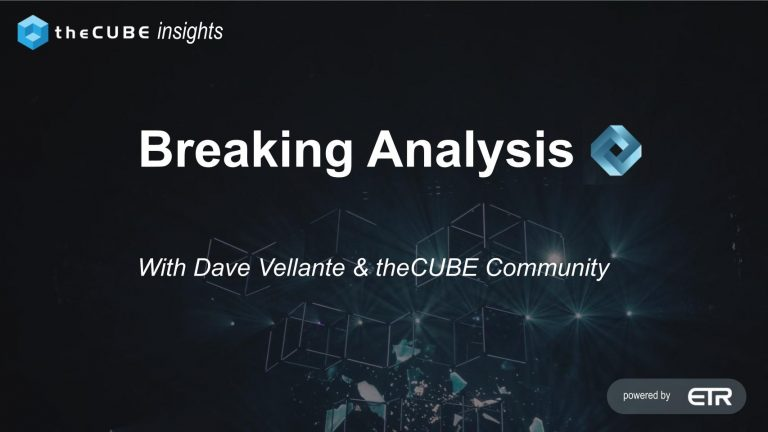In an age where innovation leads the way, maximizing opportunities is essential. As flexibility becomes the new luxury, a fresh way of experiencing luxury emerges, paving an innovative path that honors history by bringing back old values and valuables to a contemporary era where they are better appreciated, experienced, and more easily traded.
A unique investment route now taking shape, redefining how we engage with prestigious assets to make them not only cherished but also more profitable.
Vintage illustration of a wealthy couple enjoying drinks at the high society club , 1947. Screen … [+]
LUXUS, one of the world’s first wealthtech startups specializing in luxury assets, is poised to enhance value and increase liquidity while enriching the immediate quality of investors’ lives, making luxury accessible and relevant in a rapidly evolving landscape. It has just announced a $5M seed round led by ATX Venture Partners and joined by Christie’s Ventures among other rather strategic investors to launch ‘Thoroughbreds’ and Pioneer Experiential Luxury Investing.
The idea was born from a realization of a former Blackstone executive: “Traditional luxury investments were often dismissed, particularly in the U.S., as niche markets more associated with European wealth says founder Dana Auslander, who through her work in traditional investments noticed a growing disconnect: “I felt that luxury was overlooked and underappreciated as a viable investment sector in the U.S. Fintech platforms for alternative assets like art, cars, and sports collectibles were thriving, but precious gems and jewelry, often considered ‘passion assets,’ remained underrepresented. We are here to fill this gap, focusing first on fractional investment opportunities before evolving into a broader model catering to ultra-high-net-worth investors and family offices.”
“Traditional luxury investments were often dismissed as niche markets more associated with European … [+]
Her new wealthtech startup initially explored fractional ownership, even registering with the SEC to allow everyday investors access to precious gems. However, they soon found that the retail investor market was shifting. As consumer spending declined due to inflation, fractional ownership models also lost their appeal. “We realized that the fees were incredibly high and the unit economics, while seemingly efficient, were actually quite the opposite.” This led to a swift pivot toward an accredited investor model that better aligns with the needs of family offices, where investors are both financially sophisticated and typically more familiar with and passionate about luxury experiences.
The wealthtech startup is now poised to expand its portfolio and Auslander is excited ahead of the next investment adventure. Literally. “One of the most exciting new additions is the Thoroughbreds vertical, which taps into the deeply rooted connections between luxury and the world of horse racing.” “Thoroughbreds are the ultimate symbol of luxury,” she explained, pointing to brands like Porsche, Ferrari, and Hermès, which have all used the horse as a symbol of elegance and power.
Financial Returns and Life-Enriching Experiences
Luxury, which has traditionally meant owning rare, high-value assets is now redefined. “Traditional luxury ownership is very expensive and often limited to purchasing with no real added value beyond the asset itself,” Auslander explained. “Now, you’re not just buying a piece of jewelry or a rare gem. You’re getting the chance to experience luxury in a way that enhances both the cultural and financial value of that asset.”
According to Auslander, this unique weathertech startup provides three main pillars, the 3-E’s: Exposure, Education, and Experience. “We offer exposure to the finest luxury assets at optimal prices, education from top-tier experts to inform purchasing decisions, and curated luxury experiences at globally renowned events like the Kentucky Derby or Royal Ascot. “We give investors the best of both worlds: financial returns and life-enriching experiences.”
Active Asset Management
One key advantage the startup offers is active asset management. Unlike traditional luxury ownership, where asset value fluctuates on the open market, they collaborate with brands to enhance value over several years. Assets are eventually sold through traditional channels or auctions, delivering significant returns. “We treat our newest offering, LEAF, the first fund to combine alternative assets with experiences, much like real estate investments, acquiring trophy assets, managing them, and selling after three to seven years,” Auslander explained. “This model democratizes access to valuable assets while aligning with the goals of ultra-high-net-worth individuals.”
LUXUS has deliberately cultivated a highly selective community of investors, focusing on accredited family offices and high-net-worth principals. Despite the global desire to own luxury, the company has made a point of not targeting retail investors, citing high customer acquisition costs (CAC) and the unsuitability of niche strategies for a broader audience. “Our core audience is family offices and ultra-high-net-worth individuals. We believe these investors are not only financially savvy but also inherently drawn to luxury experiences.” The platform’s community-building efforts have already led to meaningful connections among its members, with investors traveling together and sharing insights across sectors such as art, luxury, and culture. “We screen and vet all our investors very carefully. We don’t compromise on privacy or quality,” she emphasized.
The Future of Luxury and Technology
More than luxury investments, Auslander claims it’s about enhancing the experience through technology. The platform has developed a user-friendly tech stack that combines investment and experience activities into a seamless, frictionless journey. “As far as we know, we’re the first alternative asset manager to do this,” Auslander said proudly.
Looking ahead, the company is also developing AI-driven tools to offer more personalized insights and opportunities for investors. “We’re always thinking about how we can improve and innovate. Technology is key to streamlining access to these exclusive assets and experiences.”
Flexibility Is the New Luxury: A Modern Path to Timeless Value
Ultimately, it seems it is more than an investment platform. It represents a broader shift in how people think about luxury and wealth management and how they can play an active role. With the rise of family offices and the transfer of generational wealth, it is now positioned to meet the needs of a new generation of investors, those who value experiences just as much as financial returns. As Auslander put it, “The investor and the collector are the same person. If we can offer both roles in one platform, we’ve succeeded.”









